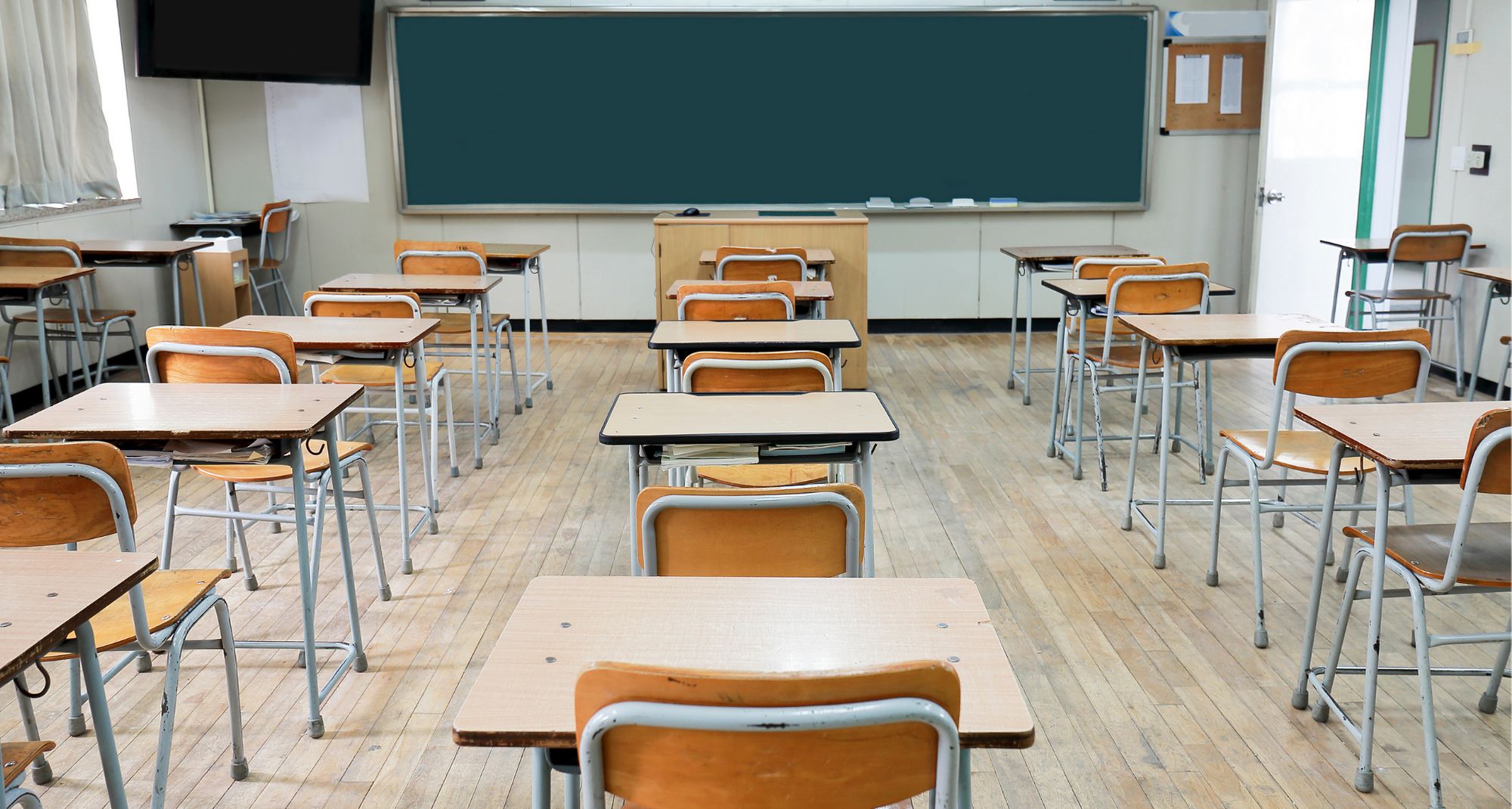Compensatory Services In Schools
March 18, 2021

As virtual learning and social distancing remain in effect in an effort to stop the spread of COVID-19, many parents of children with special needs are left with questions and concerns about how virtual learning has affected their child’s special education and related services. Skill regression and the possible emergence of challenging behavior have understandably become top concerns.
Here, we offer information on what is currently known and recommendations for navigating these uncharted paths to services. We will be updating this article with new information as soon as it is available.
FAPE during COVID-19
Is the local education agency (LEA) required to continue to provide a free appropriate public education (FAPE) to students with disabilities during a school closure caused by a COVID-19 outbreak?
According to last year’s guidance provided by the United States Department of Education (USDOE), if a student who has an IEP or 504 plan and is required or advised to stay home by public health authorities or school officials for an extended period of time because of COVID-19, provision should be made to maintain education services.
One year into the pandemic, that guidance remains unchanged. If an LEA is not able to provide any educational services to students, then it is not required to provide special education services. That said, the LEA may be required to retroactively offer compensatory education and services once school resumes.
If an LEA continues to provide educational opportunities to the general student population during a crisis, it “must ensure that students with disabilities also have equal access to the same opportunities, including the provision of FAPE.”
The USDOE allows for the possibility that there may be exceptional circumstances that affect how a particular service is provided. However, that does not relieve LEAs from their responsibility to provide services indefinitely. If a student does not receive services for an extended period of time, the student’s IEP team, or appropriate personnel under Section 504, must make an individualized determination whether and to what extent compensatory services are needed consistent with the respective applicable requirements, including to make up for any skills that may have been lost.
What is Compensatory Education?
Compensatory education consists of services that are awarded to students with IEPs to make up (compensate) for services they lost. This can happen when the appropriate services were not provided in a timely manner or at all. These services would be made up in a way that meets the student’s individual needs such as doubling a weekly service. Services can also be made up at a later date. As noted in the US DOE’s federal guidance, this approach may be used in connection with COVID-19 school closures in some circumstances.
For example, a student who requires physical therapy as a related service two times per week might be granted a fixed number of hours of physical therapy that would begin once a closure or quarantine related to the virus was lifted.
On March 3, 2021, the New Jersey Department of Education (NJDOE) issued a memorandum with additional guidance on how compensatory education due to COVID-19 should be determined and provided. According to that memorandum, “[i]t is the role of the IEP team to determine the need, type, amount, frequency, duration, and location of compensatory education necessary to address lack of progress toward IEP goals and objectives resulting from missed services.” However, the memorandum acknowledges that parents may disagree with their LEA’s assessment of what compensatory services are appropriate. It goes on to list the dispute resolution mechanisms that are available, such as a mediation conference or due process hearing, to resolve the disagreement.
The statute of limitation on compensatory education claims in New Jersey is two years. That means that parents have only two years in which to file a due process complaint if they have a legal claim for compensatory education services.
What Can Parents Do?
- Make sure to have a clear plan for what services were provided online during the closure and were provided appropriately, and which ones may need to be addressed through compensatory services once school is resumed
- Take note of any regression by recording any loss of skills during the school closure
- Keep notes – Keep logs such as a notebook, excel document, or even video recordings on a smartphone. Parents can use a behavior log template to record their observations.
- Be specific – address behavioral, social, speech, self-help, and vocational skills and any physical needs as well as academics
- Ask your child’s teacher to also note any loss of skills
- If time allows, review your child’s records for any loss of skills during other times they went without services
- Review any past documentation of regression/recoupment cycle over lengthy school vacations (e.g., summer break, winter break)
- Focus on significant loss of skills and the child’s difficulty regaining the skills
- Review any patterns that emerge from previous IEPs and other documentation
We recognize that the health and safety of your loved ones are the most important priorities right now. If time allows, taking a few notes on what your child is doing each day will likely be helpful in the weeks and months ahead as you discuss compensatory services with your child’s school.
Experience Our Power of Connection
We invite you to explore our library of articles for topic related to COVID-19 and reopening. With rapidly changing information, we encourage you to connect with our 800.4.AUTISM Helpline for up-to-date information and resources.
Originally posted 3/20/20
Updated 3/18/2021
